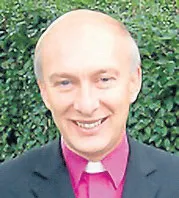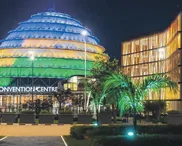Historians may look back and see June and July 2015 as something of a watershed in the life of the Church of England.
The events perhaps speak for themselves. Senior female clergy called for liturgy which refers to God as ‘she’; the then Presiding Bishop of The Episcopal Church was invited to preach at Westminster Abbey, despite her unorthodox theological statements; the Revd Jeremy Pemberton took his bishop to the employment tribunal for refusing to grant him Permission-to-Officiate because he had entered into a same sex marriage; the Bishop of Buckingham gave evidence at this tribunal, stating that the doctrines of the Church of England were ‘lousy’; Bishop Richard Inwood, who had refused to grant the licence, defended his action, but said it was the timing of the marriage that was a problem, not the act itself; Canon Michael Smith announced that he was looking forward to ‘welcoming and affirming the LGBT community from our city and beyond and saying a short prayer and a blessing as they begin their [Gay Pride] parade’ and proceeded to do so with much fanfare and media interest; and, in the wider Anglican Communion, The Episcopal Church (TEC) in the USA changed the definition of marriage to remove any mention of gender in their canons and have authorised liturgy to be used for same sex marriages.
What responses?
It is perhaps more concerning that it is only the last of these events that caused a murmur of concern amongst the bishops of the Church of England and then the concern was only about the impact it might have on relationships within the wider Communion rather than the inherent sinfulness of the action.








‘Power is a powerful drug and the detox process is hard’
One of the most insightful speeches at the Church of England's General Synod in July came from The Revd Lindsay …